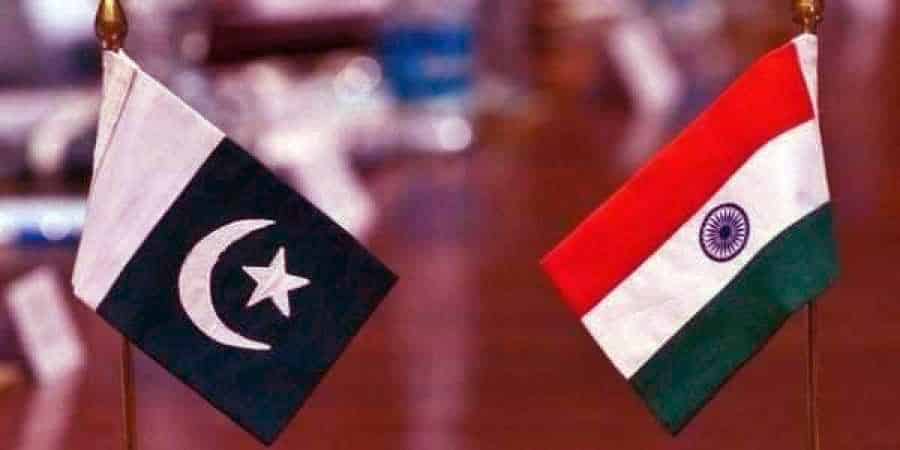What Does The Contentious Term Ghazwa e hind Really Mean?

One of the most unfortunate fights of India has been the internal struggle of Hindus vs. Muslims. The struggle between these two religious groups has its roots in ancient history. Many Hindus believe that Muslims were invaders of the subcontinent. In contrast, Muslims believe that they have a right to remain in the country as settlers. With the complex narratives of the British colonial divide and rule and the trauma of partition added in. There is no doubt that communal tensions are always high.
In this context, the Ghazwa–e–Hind has become a particularly controversial statement. But what does it mean, and can the two religions overcome the divide this phrase has the potential to create?
Ghazwa e hind: Invasion or Misinterpretation?
According to some scholars, proponents of Islam, and radicalists, the term ghazwa e hind means conquering the Indian subcontinent. Hence, it pushes the narrative that Muslims have a claim on the country, or that they need to follow the path of their ancestors and ‘complete’ the invasion of the country that started with the Delhi Sultanate.
The term has often been used in Pakistan. Especially by extremists, to justify and provoke attacks against the Indian population and its territorial integrity. The term was especially used after the scrapping of Article 370, which removed the special status of Jammu and Kashmir and turned it from a state to union territory. For many extremists, Pakistan, and some internal dividers, this act of government was ripe to call for Ghazwa-e-Hind. Suggesting that secular India would not cater to or take care of the Muslim population. Thus they had a right to take over control to protect their religion and people.
However, it is important to note that this is only one understanding of this phrase. It is, unfortunately, the most well-known one due to terror outfits and political interests. But according to some Indian Muslims, the phrase can have several other meanings.
According to these scholars, it is important to remember that the ghazwa e hind does not have any period associated with it. Thus, it could have referred to a past happening, or some very distant future event, which would take place only when Isa (the Islamic name for Jesus Christ) returns to this world.
Hence, they believe that using the term to incite young and impressionable Muslims against their country and radical action using the out of context phrases is wrong.
Ghazwa e hind: Beware of Political and Personal
In the end, it is important to remember that whenever terms such as ghazwa e hind are used, they are not usually used by the ordinary Muslim populace. Often, these are fanatical or extremist elements who use such religious symbols and terms to justify terror or oppression. Their interest is not to promote religion – their interest is solely to gain more power, sow discord, or defeat who they believe to be the enemy.
The ghazwa e hind is at the end of the day only a phrase, and it can be interpreted in different ways by different people.
No matter what our religious affiliation is, our responsibility is to ensure that these extremist views do not sway us because this is exactly what the extremists want. When they try to sow discord, divide, and hatred, we should respond with unity, brotherhood, and love. It can be hard sometimes, especially when politics comes into place. Still, we should always remember that ordinary citizens like us always want a peaceful and good life, no matter our social identities. Hence, instead of focusing on hatred spewed out by radical elements, we should instead focus on helping our neighbors and celebrating life together.